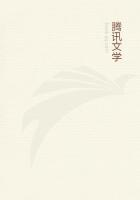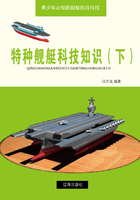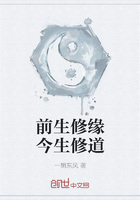19. III. In substances, both by showing and by defining. Thirdly, for the explaining the signification of the names of substances, as they stand for the ideas we have of their distinct species, both the forementioned ways, viz. of showing and defining, are requisite, in many cases, to be made use of. For, there being ordinarily in each sort some leading qualities, to which we suppose the other ideas which make up our complex idea of that species annexed, we forwardly give the specific name to that thing wherein that characteristical mark is found, which we take to be the most distinguishing idea of that species. These leading or characteristical (as I may call them) ideas, in the sorts of animals and vegetables, are (as has been before remarked, ch. vi. SS 29, and ch. ix. SS 15) mostly figure; and in inanimate bodies, colour; and in some, both together. Now, 20. Ideas of the leading qualities of substances are best got by showing. These leading sensible qualities are those which make the chief ingredients of our specific ideas, and consequently the most observable and invariable part in the definitions of our specific names, as attributed to sorts of substances coming under our knowledge. For though the sound man, in its own nature, be as apt to signify a complex idea made up of animality and rationality, united in the same subject, as to signify any other combination; yet, used as a mark to stand for a sort of creatures we count of our own kind, perhaps the outward shape is as necessary to be taken into our complex idea, signified by the word man, as any other we find in it: and therefore, why Plato's animal implume bipes latis unguibus should not be a good definition of the name man, standing for that sort of creatures, will not be easy to show: for it is the shape, as the leading quality, that seems more to determine that species, than a faculty of reasoning, which appears not at first, and in some never.
And if this be not allowed to be so, I do not know how they can be excused from murder who kill monstrous births, (as we call them), because of an unordinary shape, without knowing whether they have a rational soul or no; which can be no more discerned in a well-formed than ill-shaped infant, as soon as born. And who is it has informed us that a rational soul can inhabit no tenement, unless it has just such a sort of frontispiece; or can join itself to, and inform no sort of body, but one that is just of such an outward structure?
21. And can hardly be made known otherwise. Now these leading qualities are best made known by showing, and can hardly be made known otherwise. For the shape of a horse or cassowary will be but rudely and imperfectly imprinted on the mind by words; the sight of the animals doth it a thousand times better. And the idea of the particular colour of gold is not to be got by any description of it, but only by the frequent exercise of the eyes about it; as is evident in those who are used to this metal, who will frequently distinguish true from counterfeit, pure from *****erate, by the sight, where others (who have as good eyes, but yet by use have not got the precise nice idea of that peculiar yellow) shall not perceive any difference. The like may be said of those other ****** ideas, peculiar in their kind to any substance; for which precise ideas there are no peculiar names. The particular ringing sound there is in gold, distinct from the sound of other bodies, has no particular name annexed to it, no more than the particular yellow that belongs to that metal.
22. The Ideas of the powers of substances are best known by definition. But because many of the ****** ideas that make up our specific ideas of substances are powers which lie not obvious to our senses in the things as they ordinarily appear; therefore, in the signification of our names of substances, some part of the signification will be better made known by enumerating those ****** ideas, than by showing the substance itself. For, he that to the yellow shining colour of gold, got by sight, shall, from my enumerating them, have the ideas of great ductility, fusibility, fixedness, and solubility in aqua regia, will have a perfecter idea of gold than he can have by seeing a piece of gold, and thereby imprinting in his mind only its obvious qualities. But if the formal constitution of this shining, heavy, ductile thing, (from whence all these its properties flow), lay open to our senses, as the formal constitution or essence of a ******** does, the signification of the word gold might as easily be ascertained as that of ********.
23. A reflection on the knowledge of corporeal things possessed by spirits separate from bodies. Hence we may take notice, how much the foundation of all our knowledge of corporeal things lies in our senses. For how spirits, separate from bodies, (whose knowledge and ideas of these things are certainly much more perfect than ours), know them, we have no notion, no idea at all. The whole extent of our knowledge or imagination reaches not beyond our own ideas limited to our ways of perception. Though yet it be not to be doubted that spirits of a higher rank than those immersed in flesh may have as clear ideas of the radical constitution of substances as we have of a ********, and so perceive how all their properties and operations flow from thence: but the manner how they come by that knowledge exceeds our conceptions.
24. IV Ideas of substances must be conformable to things.

